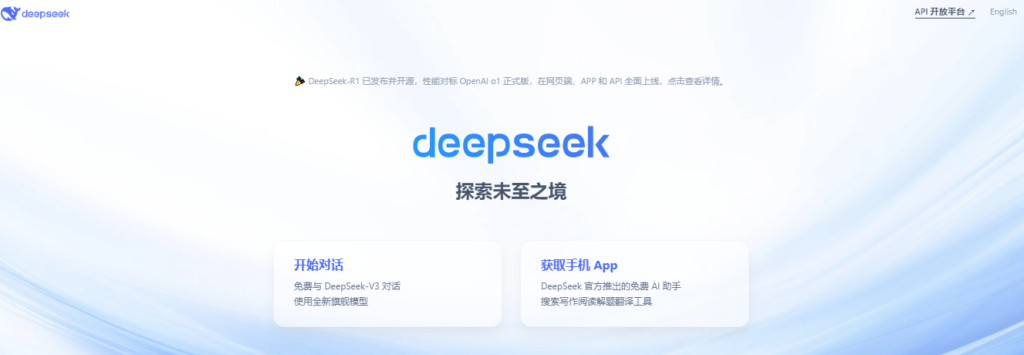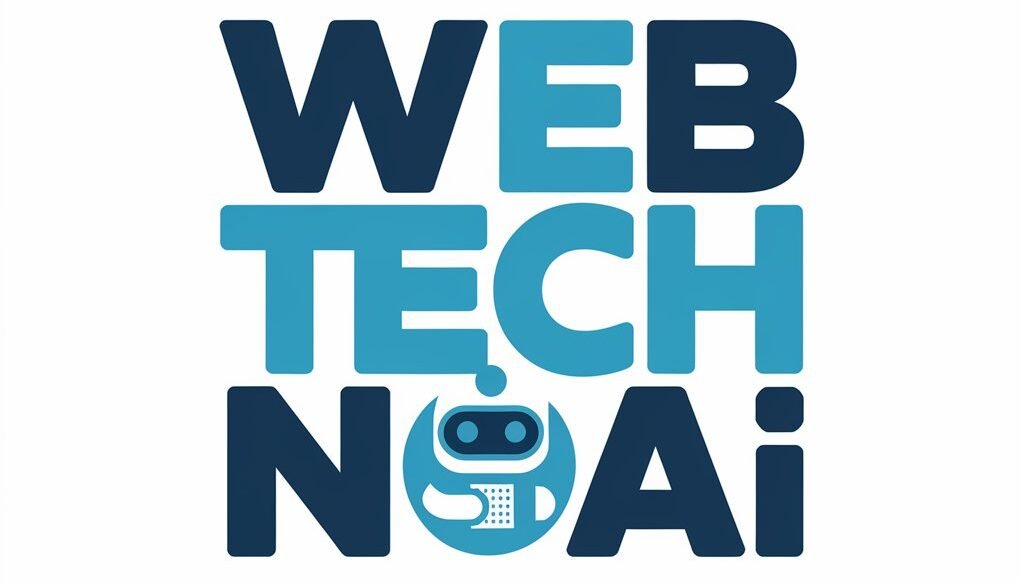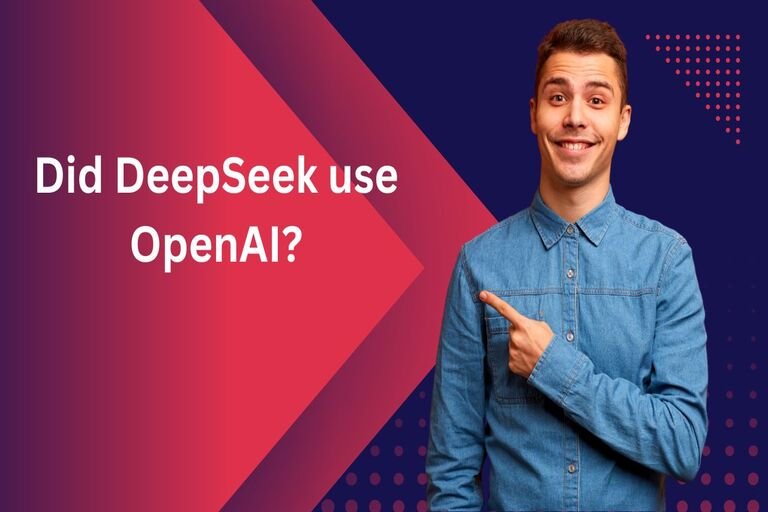DeepSeek, a Chinese AI startup, has made waves in the artificial intelligence world with their R1 language model. Many in the AI community are questioning whether DeepSeek used OpenAI’s technology – particularly ChatGPT – in creating its models, with accusations of data exfiltration and reverse engineering being made against DeepSeek as allegations emerge around ethics and competition in AI space. Let us investigate if and what implications DeepSeek using this OpenAI tech would mean for future AI developments.
Understanding DeepSeek’s AI Model
What is DeepSeek R1?

DeepSeek R1 model is an open-source AI system conceived as an alternative to OpenAI ChatGPT; unlike its proprietary models, R1 aims to be more accessible and cost-efficient for use by business.
Key Features of DeepSeek R1
- Cost-Effective Development Solutions: Compares favorably against OpenAI models in terms of cost effectiveness.
- OPEN SOURCE AVAILABILITY: Enabling developers from around the globe to modify and improve on this model.
- Competitive Performance: Claiming to rival industry-leaders in natural language processing.
Did DeepSeek Use OpenAI’s Technology?
1. Allegations of Data Exfiltration
Reports indicate that DeepSeek may have misused OpenAI’s API in order to extract training data for their AI models, according to Microsoft concerns about unauthorised access by individuals connected with DeepSeek and breaching OpenAI’s terms of service agreement. If true, this would suggest DeepSeek used OpenAI data as part of its own training pool in an effort to strengthen their AI models.
2. Reverse Engineering Claims
DeepSeek may have employed an AI technique known as distillation to learn from OpenAI-generated responses into its training data and accelerate R1’s development.
3. OpenAI’s Response
OpenAI recognizes the risks posed by data exfiltration and model distillation, and has taken measures to protect its intellectual property such as stricter API access controls and enhanced monitoring systems.
Competitive Positioning of DeepSeek
How Does DeepSeek Compete with OpenAI?
DeepSeek R1 was designed to offer ChatGPT an effective alternative, at lower costs and greater accessibility, without increasing costs or difficulty. DeepSeek differentiates itself in two key ways.
- Open source availability vs Closed ecosystem
- Reduce operational costs (operational efficiency),
- Greater customization opportunities for developers
DeepSeek’s strategy positions them as an innovator within the AI market and challenges OpenAI’s dominance
DeepSeek’s Open-Source Strategy
Why Did DeepSeek Choose to Release R1 as Open-Source?
DeepSeek’s decision to open-source R1 has multiple driving forces behind it:
1. Cost Effective: R1 was developed at an significantly reduced cost ($6 Million) relative to OpenAI models, making open source viability simpler.
2. Encourages Innovation: Open-source AI is designed to foster collaboration and rapid improvements.
3. Market Disruption: Competing with OpenAI by offering access to powerful AI models free of charge is the cornerstone of market disruption.
4. Geopolitical Strategy: Given U.S. semiconductor regulations, open source AI offers Chinese AI firms another route into America.
5. User Control and Privacy: AI models deployed locally increase data security
Challenges and Risks of Open-Source AI
- DeepSeek’s open source model presents many opportunities, yet also presents certain obstacles:
- Security Issues: Open-source AI is more prone to misuse.
- Ethical Issues: Any possible use of OpenAI-produced data raises legal and ethical considerations.
- Competitive Pressure: DeepSeek faces competition in scaling its AI models against tech titans such as Amazon and Facebook.
Geopolitical Factors Influencing DeepSeek
U.S. Tech Restrictions and China’s AI Strategy
DeepSeek must be understood within the context of U.S.-China technology tensions. Export restrictions limiting China’s access to AI hardware limit its access, thus opening up alternative models as an approach around these limitations. Furthermore, Chinese authorities actively support AI research as an attempt at diversification away from western technologies.
Future Implications of DeepSeek’s Approach
What Does DeepSeek’s Success Mean for AI?
* Increased Competition within AI Space: With more players in this space comes faster innovation.
* Ethical and Legal Considerations: Claret regulation surrounding data usage must exist in order to effectively use such valuable assets.
* Emergent AI Development Models: Open source AI may become the trend.
DeepSeek’s open source development model poses an unprecedented challenge to traditional AI development models and pushes for greater access and transparency within AI development.
FAQs
Did DeepSeek directly adopt OpenAI technology?
DeepSeek does not directly duplicate OpenAI models; however, allegations exist of data exfiltration and model derivation by DeepSeek.
What distinguishes DeepSeek R1 from ChatGPT?
DeepSeek R1 is open-source, which enables greater customization and lower operational costs compared to OpenAI’s proprietary model.
What makes DeepSeek’s open source approach significant?
AI development should be available and accessible to everyone, while encouraging innovation, while offering alternatives to proprietary systems.
What response has OpenAI taken against DeepSeek’s purported conduct?
OpenAI has taken measures to strengthen security measures and voiced concerns over any unauthorized data usage from companies like DeepSeek.
What are the risks associated with open source AI models?
Misuse, security vulnerabilities and ethical considerations arise when training data originates.
Will DeepSeek’s open source model compete against OpenAI?
Dependence upon certain aspects like adoption rates, developer support and effectiveness of its AI models will dictate its value proposition.
Conclusion
DeepSeek’s arrival into the AI industry has created both excitement and controversy. While DeepSeek claims they independently developed its R1 model, allegations of data exfiltration and model distillation raise important issues. Further complicating matters is DeepSeek’s open source strategy which presents unique competition to proprietary AI models like ChatGPT; potentially altering their competitive landscape over time. As AI develops further ethical considerations will remain central.







